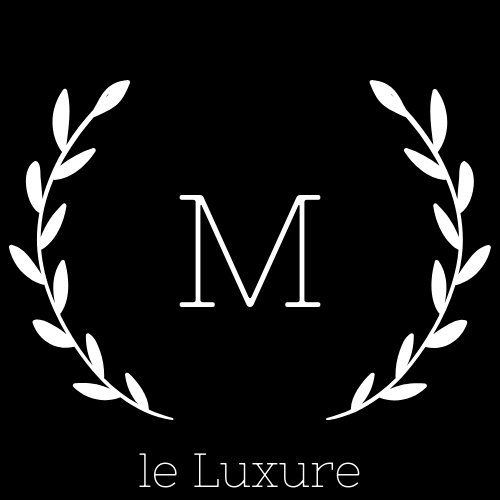You can unsubscribe at any time. For more details, review our Privacy Policy.
In This Article
At le Luxure, we are proud members of the Mallorcan chapter of Les Clefs d’Or. Why the “flex,” you might ask? Because when I say proud, I mean it.
Les Clefs d’Or is more than just an association; it is a mark of excellence, a symbol of years of dedication, training, and expertise. It represents a level of service that cannot be learned overnight or replaced by a quick internet search. Being a concierge is not about having a phone and Wi-Fi; it’s about knowing, anticipating, and delivering at a level that only experience can provide.
What Makes a Concierge?
When I look at my colleagues—true concierges—I see a pattern. These are not just people with titles; they are seasoned professionals whose careers and networks have been built over decades. Let’s break it down:
- This is not their first rodeo.
The majority are over 30, and many have spent more than half their lives in hospitality. They’ve worked in the world’s finest hotels, faced every challenge imaginable, and honed their skills in high-pressure environments where only the best thrive. - They come from extensive careers in hospitality.
Concierge work is not an entry-level position. Before earning their golden keys, these professionals have worn many hats—front desk managers, guest relations experts, maître d’s, and even hotel directors. Their experience extends beyond logistics; they understand luxury, discretion, and the art of anticipation. - They have lived and worked abroad.
Hospitality is a global industry, and a great concierge has an international perspective. They know how to navigate cultural nuances, speak the unspoken rules of etiquette, and make any guest—from any corner of the world—feel at home. - They are multilingual.
Fluency in at least three languages is common. Not just for convenience, but because understanding a guest’s language means understanding their culture, expectations, and unspoken needs. A true concierge doesn’t just translate words; they translate experiences. - They have cultivated powerful networks.
Over years, sometimes decades, they have built relationships that open doors—literally. They don’t just book a table at a restaurant; they call the chef personally. They don’t just find last-minute opera tickets; they know the person who holds the guest list. Their connections are their currency, and they spend it wisely to ensure the impossible becomes possible. - They value discretion.
In an age where everything is documented online, true concierges are the last bastion of privacy. They serve high-profile clients, celebrities, and royalty, yet you won’t find them posting about it on social media. The best concierges are invisible when needed and indispensable when required.
Concierge vs. The Pretenders
Nowadays, anyone with a smartphone and a Wi-Fi connection calls themselves a concierge. They scroll through Google, copy-paste recommendations, and think that’s enough. But true concierges don’t Google—they know.
An amateur might book you a dinner reservation at the trendiest restaurant. A concierge? They’ll have the chef prepare your favorite dish—off-menu.
An amateur might tell you where to find a sold-out event. A concierge? They’ll have you escorted to a private VIP section, skipping the line entirely.
An amateur might arrange airport transportation. A concierge? The driver already knows your name, your favorite type of coffee, and which route to take based on real-time traffic.
Let me be clear: technology is not the enemy. Google, apps, and digital tools are valuable resources – when used intelligently. The problem isn’t using these tools; it’s believing they can replace professional expertise. A true concierge doesn’t reject technology, but transforms it into a strategic advantage, layering digital information with years of nuanced, personal experience.
That’s the difference.
Why This Matters
Because luxury is not about convenience—it’s about excellence. It’s about trusting that the person handling your request is not just a middleman but a master of their craft.
Technology should amplify, not replace, professional skill. The most exceptional concierges don’t fear digital tools – they master them. They understand that a smartphone is a supplement to knowledge, not a substitute for expertise. The difference lies in discernment: knowing when to leverage digital resources and when to rely on hard-earned professional insight.
So, to those who think being a concierge is just about knowing where to find things online—thank you for playing.
And I’m aware that this approach might sound a little bit too strong and be seen as controversial, but I’m doing it intentionally and deliberately, much like it’s often done on X, to achieve a specific purpose – in my case, to spark a critical discussion within the concierge profession about what truly constitutes excellence in our field.
To the real concierges out there—the ones who live and breathe this profession—you are the reason this industry remains exceptional. And for that, we celebrate you.
To you, my friends, I raise my glass and salute you!




